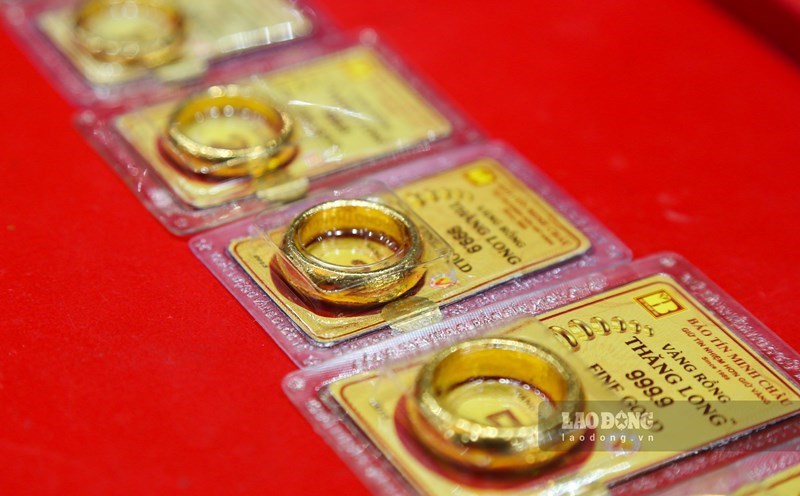According to Dr. Shrey Kumar Srivastav, general practitioner at Sharda Hospital (Noida, India), coffee is a popular choice that helps many people start their day with a feeling of alertness and concentration. However, drinking coffee right after waking up can affect cortisol levels, a hormone that plays an important role in controlling stress and regulating energy levels in the body.
How does cortisol work in the morning?
Dr. Shrey Kumar Srivastav said that after waking up, the body naturally produces a large amount of cortisol. This is when cortisol levels reach their peak during the day, usually between 6am and 10am. The purpose is to help the body switch from a resting state to activity by increasing alertness and supporting metabolic functions.
The impact of coffee on cortisol
Coffee contains caffeine, a stimulant of the central nervous system. When you consume caffeine while your cortisol levels are high, it can increase your blood levels of this hormone. This can lead to reactions such as a rapid heartbeat, anxiety, restlessness or loss of concentration.
According to Dr. Shrey Kumar Srivastav, prolonged high cortisol levels are not good for health. It can disrupt sleep, reduce immunity, cause fatigue and affect metabolism.
Signs that coffee is increasing cortisol levels
Some people after drinking coffee in the morning may notice symptoms such as:
Feeling anxious or restless after just a few minutes of drinking coffee
Rapid heartbeat, hot or red face
Decreased energy in the middle of the afternoon despite drinking coffee
Difficulty sleeping at night
These signs may be related to caffeine increasing cortisol beyond the body's normal threshold.
How to adjust to drink coffee more effectively
To reduce the impact of coffee on cortisol, you can apply some simple changes to your habit:
wait about 6090 minutes after waking up to drink coffee: At this time, cortisol levels have decreased and caffeine will have a better effect without causing too much stress.
Eat breakfast before drinking coffee: A food stomach will help reduce the effects of caffeine on the adrenal glands and nervous system.
Choose less caffeinated drinks if you are sensitive: For example, green tea, matcha or light coffee.
Monitor your body's reaction: Record your feelings, mood, and energy levels for a few days to determine the right coffee drinking time for you.
Note
Drinking coffee in the morning is not always harmful, but if you feel tired, stressed or insomnia afterwards, it is very likely that the time to drink is not right. Adjusting your coffee consumption time so that it does not overlap with your body's natural high cortisol phase can help you stay alert without causing additional stress.










